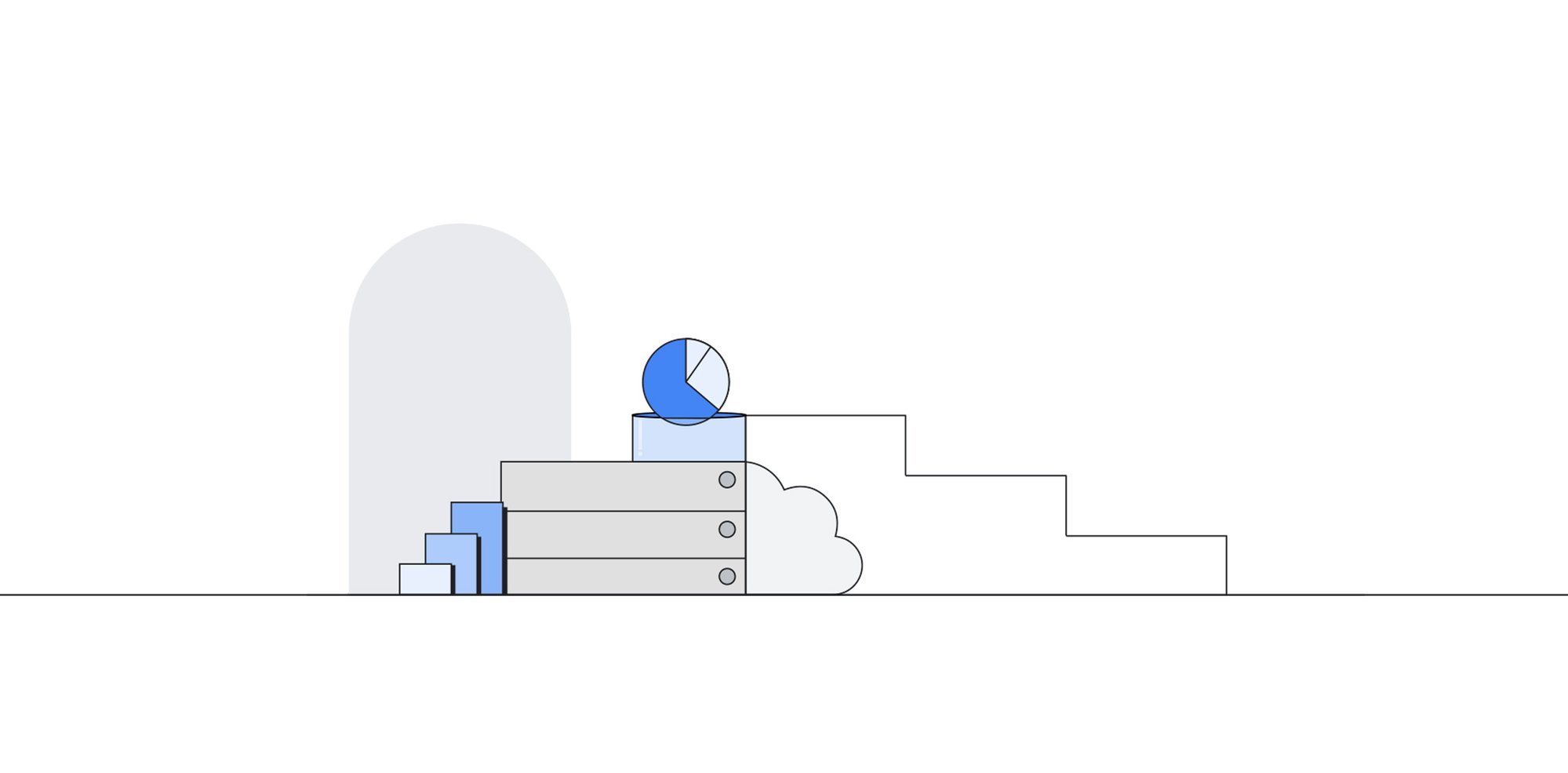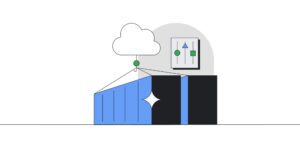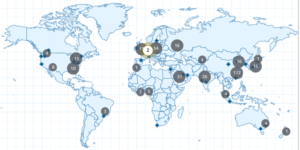
[ad_1]
Sanitas, a regulated Swiss-based healthcare insurance coverage firm with over 800,000 prospects, is decidedly not a startup. Nonetheless, the spirit of innovation stays core to its mission of customer-focused service.
In 2020, Sanitas launched into considered one of its greatest initiatives but by migrating their customer-facing expertise infrastructure to the cloud. After years of working with on-premises servers, the corporate needed to assist its builders innovate sooner, primarily based on cloud ideas.
One key facet of the shift to the cloud was to extend developer effectivity with a greater developer expertise. The target was to let builders deal with software and database improvement, quite than the day-to-day operations and administration of on-premises infrastructure.
Using cloud-first ideas means utilizing totally managed database providers, container platforms, and serverless parts. Google Cloud provides Cloud SQL, a totally managed database service for MySQL, PostgreSQL and SQL Server, that automates operational duties like backups and provisioning storage capability whereas offering excessive availability and near-zero downtime for upkeep. Leveraging totally managed cloud providers permits Sanita’s operations and information groups to speculate extra time in workload tuning and supporting software improvement groups, giving functions the reliability, scalability, and safety they want.
At the moment, Sanitas enjoys significantly better developer effectivity with Cloud SQL. Cloud SQL paired with the corporate’s Google Kubernetes Engine (GKE)-based workload permits them to ship a greater on-line expertise for his or her prospects, whereas lowering prices. For instance, decentralizing the information by microservice area scope has led to larger reliability throughout peak masses and a restricted blast radius in case of an incident.
To be taught extra about Sanitas’ journey to Google Cloud, please learn the lately printed case research.
Main database technique
Sanitas made the strategic determination emigrate from industrial database distributors to an open-source relational database system (RDBMS), particularly PostgreSQL. Standardizing enterprise functions with PostgreSQL helps them to be extra cost-efficient, much less depending on anyone specific vendor, and mutually acquire advantages from an open-source developer ecosystem. Open-source databases, and extra particularly PostgreSQL, have emerged as an business normal for relational databases due to their wealthy performance, ecosystem extensions, and thriving neighborhood.
Databases by no means stay in a vacuum, so a heterogeneous database migration should be checked out within the context of the general system structure. At the start of the transformation course of, Sanitas began with two functions to be migrated from Oracle, their earlier legacy database, to Cloud SQL for PostgreSQL. A buyer relational administration (CRM) system and Sanitas in-house developed customer support portal had been in scope of the primary wave — two database migrations with the identical supply and goal applied sciences, however with very completely different journeys to undergo.
The customer support portal was migrated from an on-premises container platform to GKE. Switching the container orchestration platform was quite simple, however migrating the applying from Oracle to Cloud SQL for PostgreSQL required some modifications within the database entry layer.
Migrating the underlying database of a industrial off-the-shelf (COTS) software meant working carefully with the applying vendor to ensure a clean transition.
The most important problem was guaranteeing compatibility between the brand new and previous methods. Sanitas labored carefully with the CRM supplier to be sure that the modifications made didn’t affect the performance of the applying. Sanitas additionally needed to be sure that the brand new system was in a position to deal with the identical degree of site visitors because the previous system.
Sanitas utilized the next methods to have the ability to carry out the information migration constantly and throughout the allowed downtime window:
- Effectively preprocess and segregate information utilizing views inside supply databases to reinforce migration pace
- Establish and pre-migrate static information to reduce downtime throughout the migration course of
- Undertake an incremental migration strategy, dividing the method into manageable segments, lowering the necessity for intensive re-migration in case of rollbacks
Total, the migration was a hit. Sanitas was in a position to migrate the functions to Cloud SQL for PostgreSQL with none main points. Sanitas is now in a position to get pleasure from the advantages of a totally managed, open-source database, together with the aforementioned information isolation per micro service sample, a extra versatile self-service provisioning mannequin, and out-of-the-box prognosis capabilities offered by Cloud SQL System and Question insights.
“The transition to Cloud SQL not solely enhanced the flexibility to isolate microservices, but in addition propelled us in direction of a real DevOps operational mannequin.”
– Marcel Amsler, Technical Lead DevOps, Sanitas
A means ahead: Extending PostgreSQL and including AlloyDB
Migration of extra workloads to Cloud SQL and the adoption of the brand new AlloyDB for PostgreSQL, Google Cloud’s PostgreSQL-compatible database designed for superior efficiency, scale, and availability, are the subsequent steps in Sanita’s journey.
And the excellent news is that AlloyDB enhances their present structure, whereas offering larger transactional throughput and optimized scale-out structure.
Sanitas has already efficiently migrated a lot of essential workloads and are assured that the remaining workloads will be migrated to Cloud SQL and AlloyDB with none main disruptions.
Sanitas trusts Google Cloud’s managed databases providers to help their enterprise wants and make sure the continued success of their group.
Study extra
Get began together with your AlloyDB free trial right now
[ad_2]
Source link





